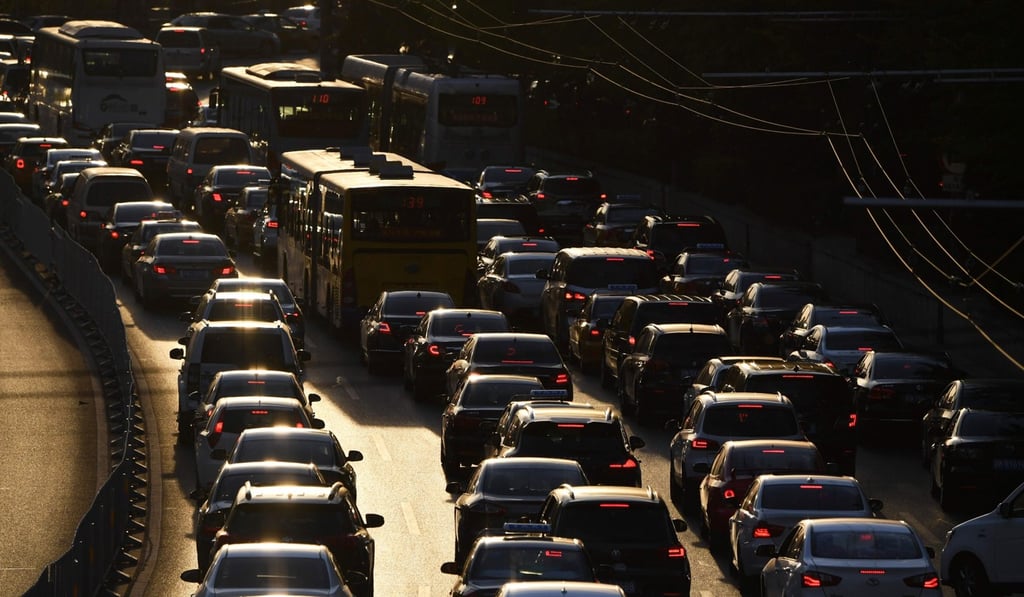Opinion | No more grumpy taxi drivers with self-driving cars?
- Lyft has provided 30,000 autonomous rides since its trial service began in Las Vegas last May

Almost everyone I know has a horror story involving a taxi driver. In Beijing, where I live and work, the smoggy city’s notorious traffic jams elevates these encounters to a whole new different level.
I have lost count of the number of times drivers complained to me about their lives, about high taxes and low pay, about the traffic, about nightmare customers. About them queuing up at the airport for three hours only to pick up a passenger going to a nearby destination. The list goes on.
When the drivers do not talk, you worry that they are nodding off at the tail end of an exhausting 12- to 16-hour shift and end up chatting them up instead. Then there are the scary ones who ask personal questions and tease you. Last year, two highly publicised passenger deaths involving private-car hire drivers rocked public confidence.
So what if taxis can drive themselves and the computers-on-wheels just focus on getting you from point A to B safely, without intrusive conversations that you did not ask for?

